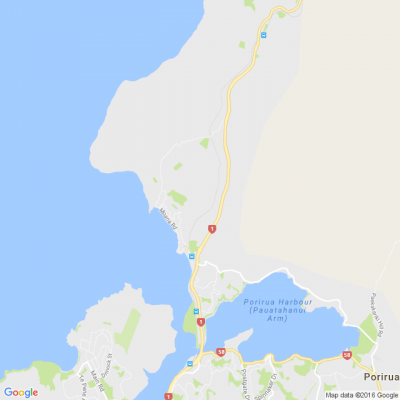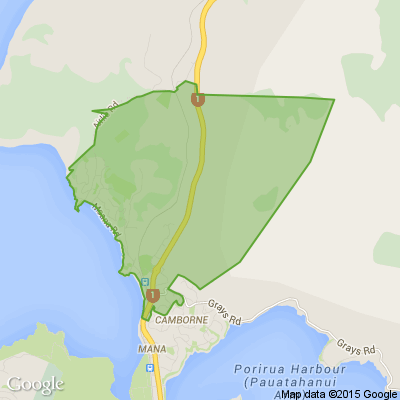Mike Scott talks CyberCrime
Mike Scott gave us the Viewpoint tonight. He said:
'Most of us use the internet in our daily lives and trust that most of the interaction with carrying out is executed in good faith. However, the fact is that cybercrime is on the increase in a big way. Cybercriminals are a well-organised group of businesses and state-sponsored actors that collect billions of dollars each year through a variety of mechanisms:
Phishing emails – pretending to be something they are not, prizes lost money, property, and many more false claims. The emails can be very convincing and tempting to respond to, they are designed that way.
Ransomware – locking your computing and encrypting your data. Offering to set your data and computer free once payment is made. They may or may not do that – but will be back for more if that does.
Hijacking your passwords and contacts can be sold on the dark web or used directly. Sometimes gaining access to your financial accounts and take your money before you know it.
False invoices from either people who are known to you or convincing fraudulent schemes and scams.
Denial of services attacks – bombarding business websites so it customers can use them – effecting taking the business out of service.
Malicious software – virus infecting your computer.
'The dark web is also where cybercriminals buy and sell malware, exploit kits, and cyberattack services, which they use to strike victims — including businesses, governments, utilities, and essential service providers.
'Here are some facts and figures in New Zealand:
CERT NZ’s latest report, released today, shows a 65% increase in reports of cybersecurity incidents over the past year, with an associated $16.9 million in direct financial losses.
In 2020 CERT NZ received 7,809 reports of cybersecurity incidents affecting New Zealanders, a significant uplift from the 4,740 reports made in 2019.
Phishing and credential harvesting, where an attacker collects personal data to perform an array of online crimes like fraud, was the most reported form of attack during 2020. These types of incidents were up 76% in 2019, accounting for 41% of all reports made.
In total, 53 million dollars of direct financial loss has been reported to CERT NZ since reporting began.
'Here are the global numbers:
If it were measured as a country, then cybercrime revenue, totalling $6 trillion globally in 2021, would be the world’s third-largest economy after the U.S. and China.
Cybersecurity experts expect global cybercrime costs to grow by 15% reaching $10.5 trillion annually by 2025, up from $3 trillion in 2015. This represents the greatest growth of economic wealth in history. The cybercrime business will become more profitable than the total global trade in illegal drugs.
'Billionaire businessman and philanthropist, Warren Buffet calls cybercrime the number one problem for mankind and cyberattacks a bigger threat to humanity than nuclear weapons.
'My viewpoint is this, "Beware and keep on your guard".

Best way to use leftovers?
I'm sure you've got some excess ham at home or cold roast potatoes.
What are some of your favourite ways to use leftover food from Christmas day? Share below.

⚠️ DOGS DIE IN HOT CARS. If you love them, don't leave them. ⚠️
It's a message we share time and time again, and this year, we're calling on you to help us spread that message further.
Did you know that calls to SPCA about dogs left inside hot cars made up a whopping 11% of all welfare calls last summer? This is a completely preventable issue, and one which is causing hundreds of dogs (often loved pets) to suffer.
Here are some quick facts to share with the dog owners in your life:
👉 The temperature inside a car can heat to over 50°C in less than 15 minutes.
👉 Parking in the shade and cracking windows does little to help on a warm day. Dogs rely on panting to keep cool, which they can't do in a hot car.
👉 This puts dogs at a high risk of heatstroke - a serious condition for dogs, with a mortality rate between 39%-50%.
👉 It is an offence under the Animal Welfare Act to leave a dog in a hot vehicle if they are showing signs of heat stress. You can be fined, and prosecuted.
SPCA has created downloadable resources to help you spread the message even further. Posters, a flyer, and a social media tile can be downloaded from our website here: www.spca.nz...
We encourage you to use these - and ask your local businesses to display the posters if they can. Flyers can be kept in your car and handed out as needed.
This is a community problem, and one we cannot solve alone. Help us to prevent more tragedies this summer by sharing this post.
On behalf of the animals - thank you ❤️









 Loading…
Loading…